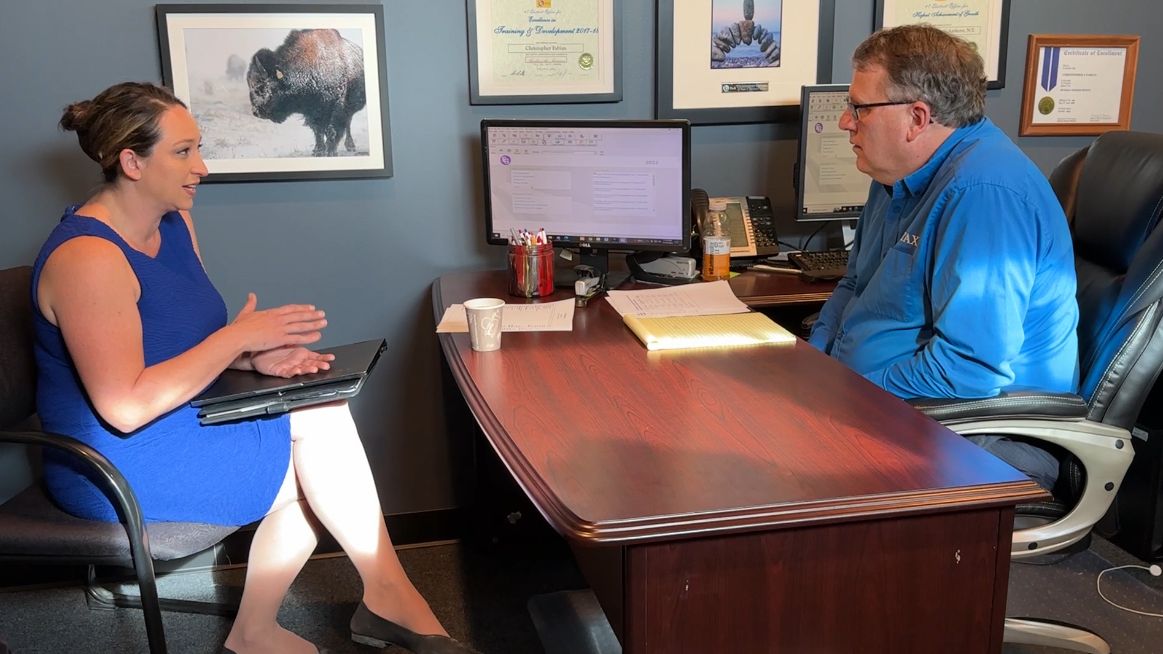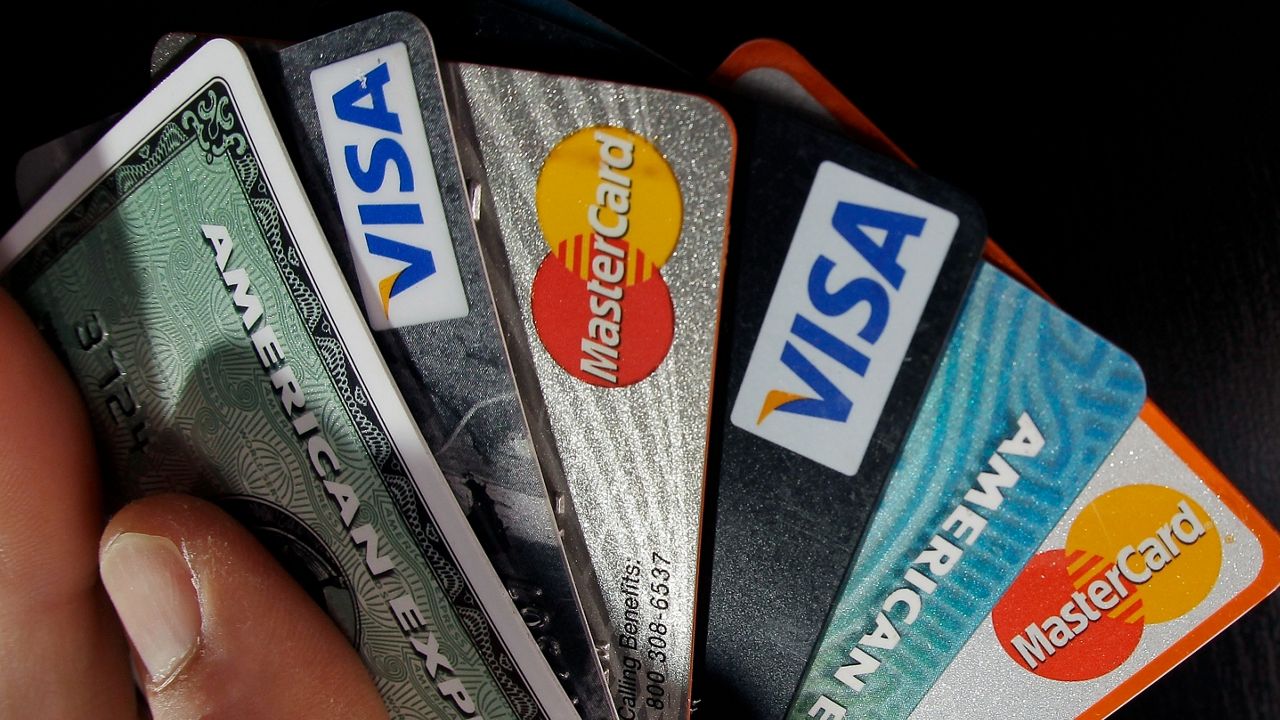The U.S. Internal Revenue Service is going digital. Agency officials say they will be able to process tax returns and other documents digitally by 2025.
The IRS says the move is meant to save it $40 million annually on document storage, and the change will also help lift some of the workload that comes with the mountain of paperwork its tasked with each year. That usually amounts to more than 200 million paper tax returns, forms and more.
The change could benefit taxpayers, as they could receive refunds several weeks earlier.
IRS officials say they reduced the backlog of unprocessed paper tax returns by 80% from 13.3 million returns at the end of the 2022 filing season to 2.6 million at the end of the 2023 season.
Still, skeptics of going fully digital are asking questions about the impact on seniors who lack computer literacy skills.
“We're here to support older adults," Diane Conroy, executive director of the Colonie Senior Service Centers. "So entities such as the IRS or New York State Department of Taxation and Finance, they really should be reaching out to these community partners to say, 'how can we support you, support us as we implement this.' You know, thinking about it after the fact, it's not going to be very beneficial. And you'll have a lot of individuals scrambling because not everybody has family or access to the technology that's going to be required.”
One of the members residing at the senior center shared that she is familiar with filing taxes online, but is worried about other seniors on access and assistance.
“If you're going completely paperless, you're going to need more help, at every community center, more than just a couple of people," said Linda Goodman, a resident of the Beltrone Living Center. "And a lot of, I've noticed even this year, and it hasn't even taken place yet, a lot of people had appointments and couldn't make the appointments because they didn't have the transportation to get to the appointments that they needed.”
Goodman hopes other seniors get the help they need to navigate the change.
The effort to go paperless is a part of the Biden administration’s Inflation Reduction Act, which will funnel $80 billion into the IRS over the next 10 years.










